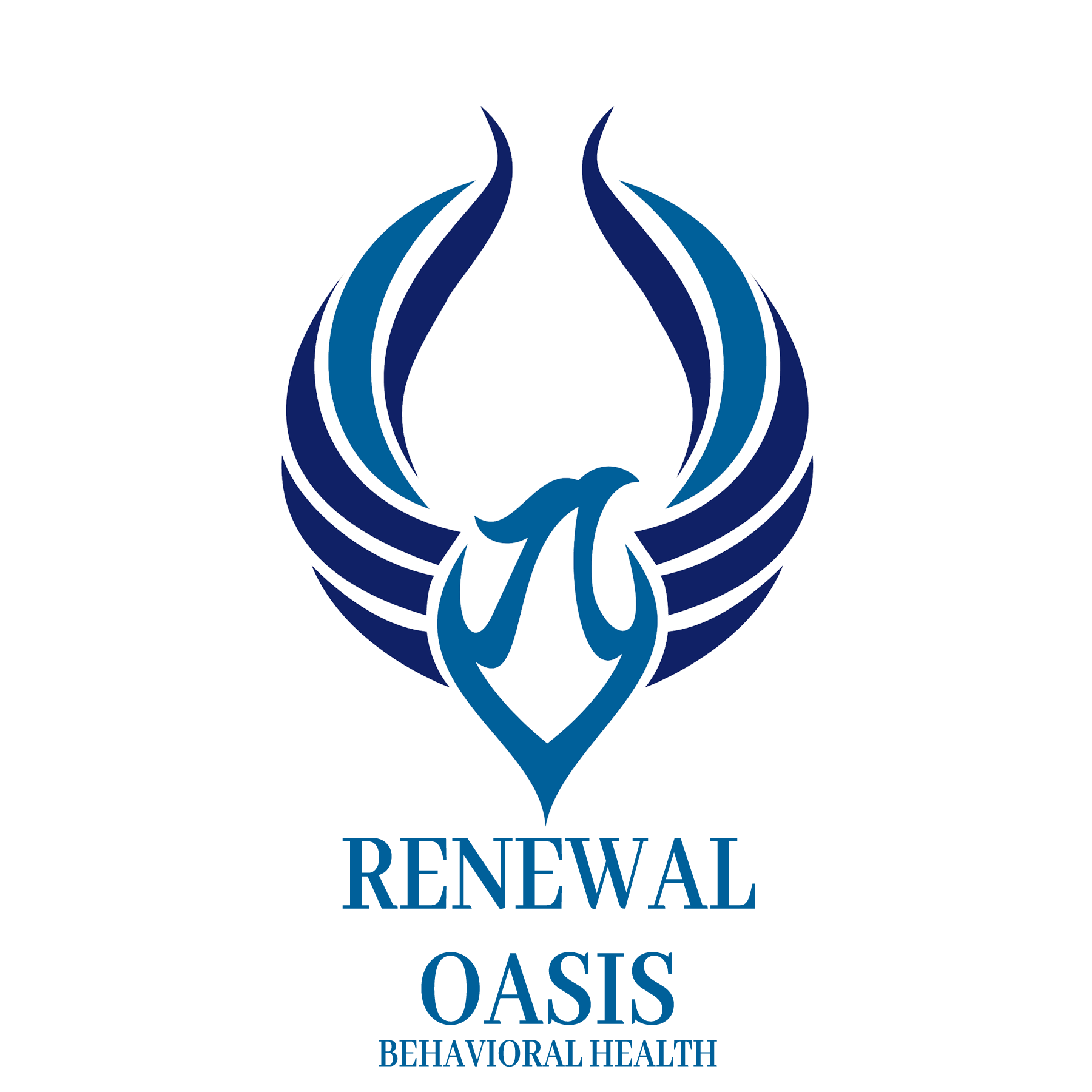Do you often feel like you have a disease or some sort of medical condition, even if your fear does not ultimately come to fruition? If so, you may be a hypochondriac. Living with hypochondria causes a great deal of anxiety and can frustrate your family and friends who hear habitual complaints about your perceived health crises.
Renewal Oasis treats anxiety disorders that include hypochondria as part of the symptoms. We recognize that living in constant concern over your health can damage your quality of life. It also takes away from recognizing and enjoying all of your aspects of good health. Our facilities offer both residential and outpatient levels of care to match your needs. The staff at Renewal Oasis offers compassionate care for anxiety disorders and teaches people to overcome their tendencies to be a hypochondriac. We can help you live without fear of every perceived or real symptom.
What is a Hypochondriac?
Hypochondria is a form of an anxiety disorder also known as hypochondriasis. It causes a person to worry excessively about current health challenges as well as ones they fear they will develop down the road. A first symptom can cause the individual to panic and assume the worst possible scenario. For example, a bump under their skin may lead them to assume it can only be cancer. If they sneeze a couple of times, this translates to them having the flu or COVID.
Having hypochondria can cause emotional chaos and tremendous anxiety in the person. They live life under a constant burden of fear and worry. In turn, this impacts their ability to live a peaceful life. It can damage their ability to have healthy relationships and do well at work or in school. Ironically, while hypochondria is a type of anxiety, having it causes even more anxiety. It takes professional treatment to get a grip on what’s happening and begin to see the person’s health in a clearer light.
The two Types of Hypochondria
Care-seeking: A person with this kind of hypochondria spends an excessive amount of time seeking medical treatment. They make many appointments to see a variety of doctors and often request medical tests that aren’t necessarily required. The continued visits to doctors and specialists feed the idea that the person is sick or soon will be.
Care-avoidant: This type of hypochondriac avoids seeking any medical care and has done so for a long time. They have a fear or distrust of medical professionals that keeps them from getting physicals or seeking treatment for a specific ailment. Not knowing the real status of their health fuels their imagination and keeps them trapped in the fear that their health is in disrepair.
Symptoms
Many symptoms of hypochondria can happen, including the following:
- Consistently feeling they are sick or developing an illness.
- Isolating from others to avoid catching germs.
- Checking their temperature, blood pressure, blood sugar, heart rate, and more several times every day.
- Believing that a simple symptom is clearly a sign of a serious or possibly life-threatening illness.
- Often discussing their symptoms and health problems with others.
- Not believing a health professional when told that they are not ill or they have a controllable condition.
- “Playing doctor” by researching symptoms and diseases online to determine what they have.
- Suspicious of natural body functions like sneezing, burping, or passing gas.
What Causes Someone to Become a Hypochondriac?
Just one particular reason someone develops hypochondria can’t be pinpointed. However, research shows that some situations, both past and present, can make a person more susceptible to becoming a hypochondriac. Someone who had a chronic or long-term illness as a child may fear that they will have lifelong serious health concerns. As well, kids who were abused or neglected have a higher tendency to develop hypochondria.
Someone who has a loved one with chronic or long-term illnesses, including those who eventually died from their diagnosis, can grow up to fear the same thing will happen to them. In addition, someone who has a mental health disorder like anxiety, depression, and others may also tend toward unrealistic negative concerns about their health.
Problems that Hypochondriacs Face
An individual with hypochondria often faces problematic results that affect their lives. These include:
- High medical bills that aren’t all necessary
- The stress of going through constant testing, exams, and medical procedures
- High levels of anxiety and depression
- Physical complications that result from all the worrying
- Financial problems trying to pay for excessive medical appointments
- Getting in trouble at work or school for missing a lot of time
- Suicidal feelings
- Relationships that fall apart because the other person can no longer deal with the hypochondria
Can Hypochondria Be Treated?
Treatment for hypochondria is available by seeking it from trained mental health professionals. This can be done on an outpatient basis, which means the person travels to a facility for treatment sessions, as well as residential care.
Treatment Options for Hypochondria
Therapy helps people learn to manage their anxiety. Particularly effective is Cognitive Behavioral Therapy (CBT) which is provided by a trained and licensed counselor. It helps the individual catalog their specific medical fears and change how they feel. With time, they learn to adopt new responses to how their body feels. Healthy coping skills are put in place to replace those negative and fearful ones that come with being a hypochondriac.
Prescription medications can also help control and minimize symptoms of anxiety. A review of the ones available will be discussed with a doctor and their usage monitored.
Contact Renewal Oasis Behavioral Health About Treating Hypochondria Today
Have you recently realized that you may suffer from hypochondria and want to find a quality care program to address it? Renewal Oasis created high-quality treatment plans that treat people who have hypochondria and other symptoms of anxiety disorders. We provide structured treatment, including both residential and outpatient programs, designed to help you learn to let go of your plethora of fears about your health. Our therapy modalities teach you ways to ease anxiety and see life through a more realistic lens. We also provide access to prescription drugs that help you reduce your symptoms of anxiety.
Contact us now and talk to our friendly admissions staff about how our mental health experts can help you feel better. We offer free insurance verifications and encourage you to get in touch with us.



